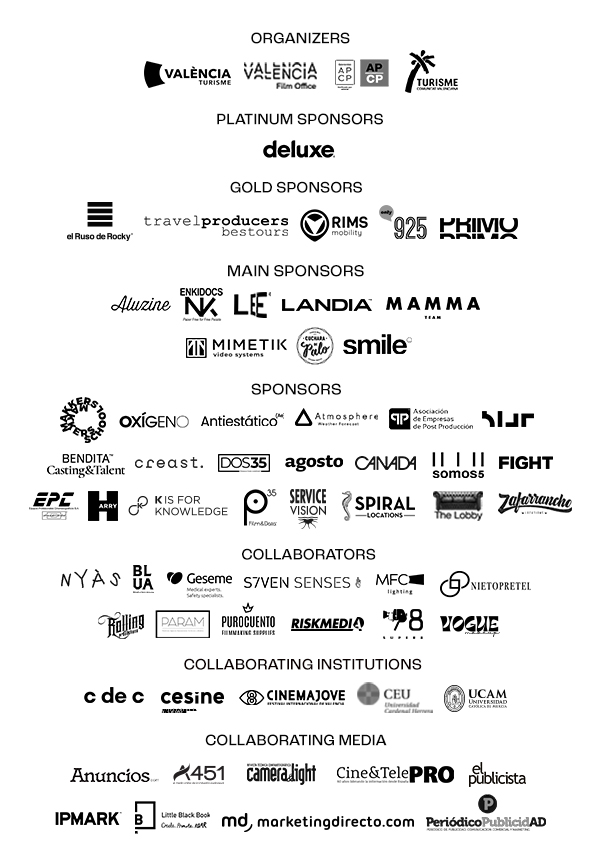
This roundtable is a classic APCP event that brings together creatives and producers to talk face-to-face about industry issues that don’t normally come to light. Who were the participants in this third edition? On the APCP side were Nico Cabuche (Managing Director/EP of Landia) Eva de Lera (Executive Producer of Lobo Kane) and Víctor Mata (Executive Producer of Canada). On the c de c side we had Munia Bilbao (Creative Director of Sra. Rushmore), Eva Conesa (Executive Creative Director and Partner of twoelf) and Raquel Martínez (Founder & Creative Director of This is libre).
The table was moderated by Irma Borrel, Producer of Lee Films.
In this way, a debate was created between the two groups. This began with curiosity on the part of the production companies, asking “Why, if you are “creative”, do you ask the director to have several pieces in his/her reel that are almost identical to the idea he/she wants to shoot? In response to this, they say that it is easier to trust someone’s work and that it is safe if they have done a previous project.
“The more relationship you have with the agencies and the creatives, the more chance you have of getting the projects”, said Nico Cabuche when asked “Do you feel that you often have to “nickel and dime” the creatives to finally take the production home? Do you see it as part of your job?”, although both creatives and production companies agreed that these processes have changed, and are now much more sincere.
One of the questions that the speakers liked the most was “who in the agency is left out on a shoot? Both the APCP and c de c agreed: “twice as many people are left over”, “I don’t have too many people left over in the creative process, but I do have too many in management” were some of their answers.
The controversy came when the production companies asked the creatives if “there are Rubiales cases in their sector”. They said that he had been there in the past, when most of the teams were made up of men. Eva Conesa said that they try not to let it happen, but it does happen, with comments about clothes or cleavage, among other things. In addition, everyone stressed that there should be more women at the table.
With the question “Why do directors always talk about “their film”? Isn’t it everyone’s job?” the producers confessed that “if someone hasn’t understood that it’s a team effort, it’s wrong”. Finally, they ended up talking about diversity and inclusion, in which they confessed that “nobody dares to break the mould”.



